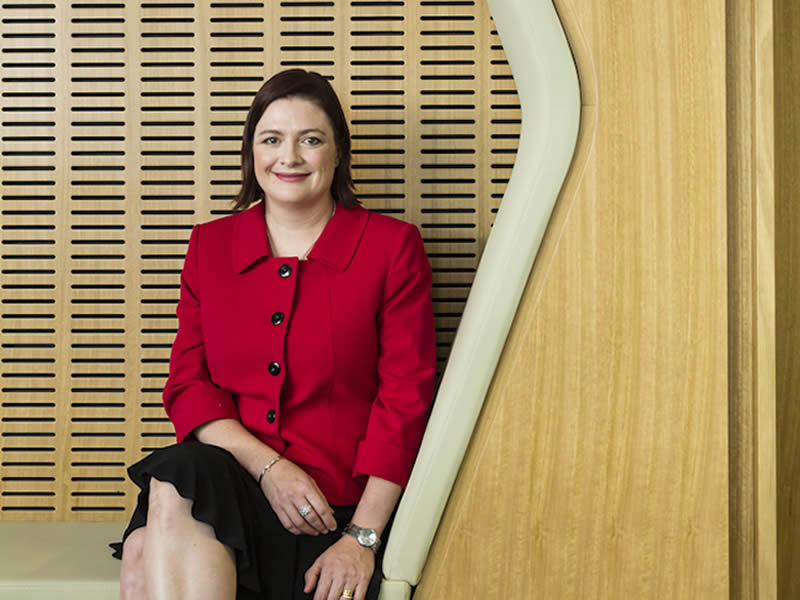The Defence Force’s science and technology division is offering academics lucrative salaries and perks to entice them into a Defence career change, under a 12-month program with pre-determined gender targets and the promise of secure work.
Dubbed Navigate, the program is primarily a diversity initiative and is being delivered by the Defence Science and Technology (DST) Group amid increasing reports about the barriers women face in STEM careers.

Fewer than one in four DST employees are women, with significantly lower representation in management and executive roles, according to annual reporting by the Champions of Change Coalition, a global group of 255 chief executive or board level leaders which promotes female leadership
DST chief scientist Professor Tanya Monroe is a member of the group and has pledged to take bold action to address the diversity gap through the Navigate program.
The program encourages more mid-to-senior STEM career women to join Defence and helps to remove the barriers for those already there.
“We’ve got a target for 40 per cent women, 40 per cent men and 20 per cent of any gender into the program to try and increase the number of women in our organisation,” DST assistant director of STEM engagement and inclusion Dr Melanie Farrier said.
The Navigate program is targeting high performing researchers, academics and STEM professionals, offering full time salaries starting at $106,000 and dedicated support and mentorship for the first year to “learn the ins and outs of Defence”. There is also flexibility in location and part time option available.
Only candidates with a Masters or PhD in any science, mathematics, technology or engineering discipline, or equivalent experience, will be considered. With a 40 per cent gender quota, the program is all about getting more women into senior DST positions.
National STEM industry organisations and Australia’s chief scientists have warned about the ‘quicksand’ women in STEM careers often face, including barriers like maternity leave, career breaks and a lack of role models in senior positions.
Dr Farrier, a scientist who joined Defence mid-career, told InnovationAus that DST has examined its barriers and is seeking to remove them right from the application stage of Navigate.
“We’ve made sure that we put in a lot of our communications that it’s for people who may have had a career break or have moved away from STEM but want to get back into it. Because a lot of the problem is if women go out and have children, for example, they don’t feel like they can come back.
“So we’re really trying to break down that barrier.”
Applications for the Navigate program close on November 15.
Do you know more? Contact James Riley via Email.

